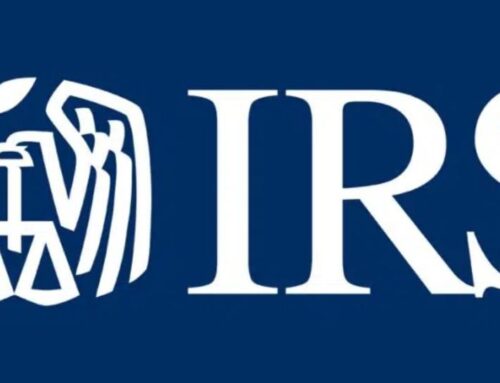At some point or other, most taxpayers will receive a notice from the IRS stating that they paid their taxes late, missed a filing deadline, or performed some other infraction. These mistakes usually result in penalties and additional interest. The IRS uses penalties to deter noncompliance, according to the IRS Internal Revenue Manual Section 20.1.1.2. Taxpayers often pay these penalties without realizing that it is sometimes possible to have them removed.
The most common type of penalty abatement is under first-time penalty abatement (FTA). To qualify for this type of penalty abatement, the taxpayer must be compliant with filing and paying taxes for the three years preceding the penalty year and not have requested this relief in the last three years. FTA can be requested over the phone with an IRS representative or via correspondence requesting the relief. The IRS has unpublished limitations of what different representatives can grant over the phone, but typically calling the Automated Collection System (ACS) department is the most effective method for performing verbal penalty abatement requests. If the abatement cannot be approved over the phone by a representative, then you will have to mail correspondence outlining your request.
Penalty abatement requests due to reasonable cause are usually submitted in writing and reviewed by an IRS representative. These requests typically include documentation that substantiates the cause of the abatement. The IRS then seeks to determine if the taxpayer exercised ordinary business care and prudence. Common reasonable causes include fire, casualty, natural disasters, death, serious illness, poor advice from a tax advisor, and more. If the taxpayer has paid the penalty, the written request should include IRS Form 843, Claim for Refund and Request for Abatement.
These written requests typically take months for the IRS to review due to their extreme backlog of paper correspondence. Often, the taxpayer will have to contact the IRS ACS department to request a collection hold on their account until the penalty abatement is granted or denied. This is why so many taxpayers go ahead and pay the penalty before sending in the request. If the penalty abatement request is denied, a taxpayer can file an appeal to attempt to overturn the decision.
In conclusion, taxpayers should review any penalty notices they receive with a trusted tax professional if they are unsure of the reason and to discover if they may qualify for relief. Attorneys, Certified Public Accountants, and Enrolled Agents can represent taxpayers before the IRS. As with any professional, taxpayers should review the credentials of anyone who is representing them and verify their expertise in resolving these matters.


